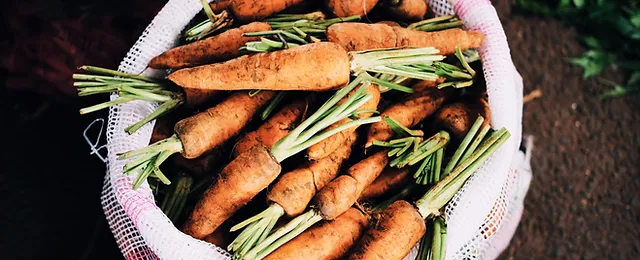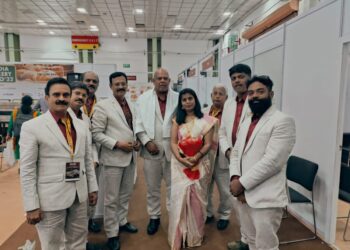-KH News Desk (cbedit@imaws.org)
Disabled food entrepreneurs in Senegal encounter various obstacles in the market, such as restricted access to formal training and technical help that would enable them to expand their enterprises. Despite progressive legislation and policies in Senegal that support the rights of those with disabilities, this group is nevertheless underrepresented in the economic world and in institutions that make decisions.
By collaborating with handicapped food entrepreneurs, Food Enterprise Solutions actively supports inclusion in local food systems through the Feed the Future project Business Drivers for Food Safety (BD4FS). BD4FS is opening doors in the agrifood sector for historically underrepresented groups by delivering training sessions on food safety, providing technical help, and offering business guidance.
Over 200 disabled women business owners in the Senegalese food industry participated in four training sessions that were coordinated by BD4FS and the Women’s Committee. The training gave the female business owners a greater understanding of food safety, hygiene, and product quality, as well as the growth of microbes and how to enhance the nutritional content of locally grown foods.
In order to better impart the lessons, technical professionals enhanced the training using visual aids, role plays, and practical exercises. All professionals, including those who are not readers, can access training curricula thanks to BD4FS’ adaptations. Sign language is used by trainers where appropriate, and training venues are wheelchair accessible.
“The training session really met our expectations as some of our colleagues, as soon as they returned home, called me to attest to the interest and the great value of the training which allowed us to learn a lot of things, especially on hygiene practices.”
– Ms. Fatou Mbaye, Entrepreneur and President of the Derklé-Dieuppeul-Castors’ Section of the Women’s Committee of the Senegalese Federation of Associations of Disabled Persons.
Members of the Women’s Committee were able to improve the hygiene, labelling, and quality control of their products thanks to the technical expertise and business orientation that BD4FS supplied. This will increase their access to markets. The majority of participants said they could compare their handling techniques before and after the training to determine the knowledge gap. Some members of the Women’s Committee intend to use their training abilities to create new food products using the knowledge they have received in order to boost their income.
The Women’s Committee has persisted in asking that its members receive training in Dakar and the neighbouring areas. In addition to offering technical support, BD4FS will offer marketing guidance to the entrepreneur’s companies to help them expand their market reach. The tenacity of the Women’s Committee members demonstrates that there are chances for women in agribusiness in Western Africa.







